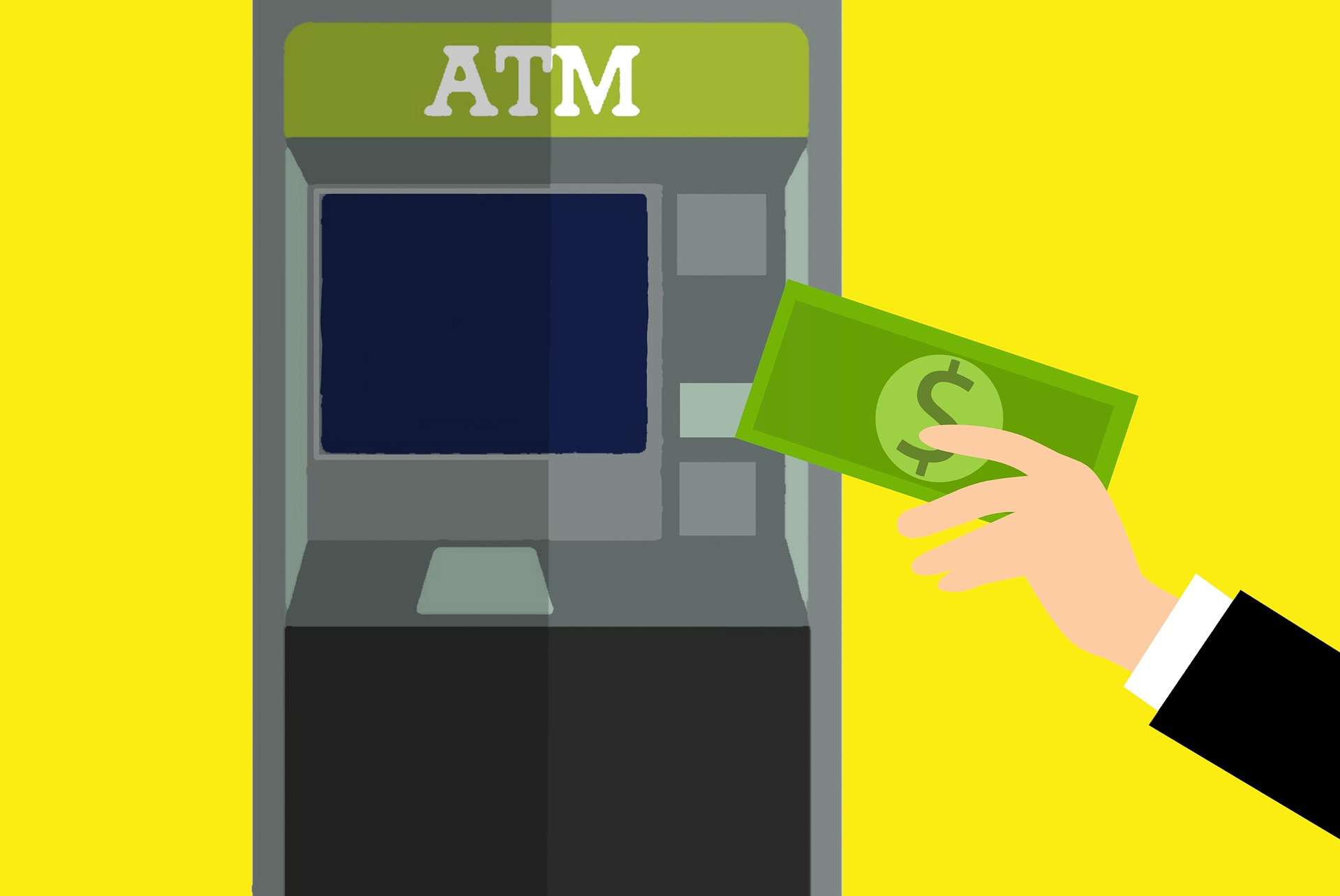ARTICLE AD BOX

- The New Zealand government is fighting money laundering by banning crypto ATMs and limiting international cash transfers to $5,000.
- The FIU will also gain new authority to regularly request information from banks and other reporting organizations about suspected behavior.
New Zealand is shutting down all cryptocurrency ATMs across the country. The government announced today that around 200–220 machines, found in places like dairies, petrol stations, malls, vape shops, and laundromats, will be banned under a new anti–money laundering law heading to Parliament.
Associate Justice Minister Nicole McKee says the goal is to make it harder for criminal groups to launder money, commit fraud, and fund drug trafficking by using crypto ATMs to move money offshore. The legislation will also impose a $5,000 cap on international cash transfers to help prevent illicit funds from being sent overseas, while still allowing everyday New Zealanders to send money abroad legally.
“This Government is serious about targeting criminals, not tying up legitimate businesses in unnecessary red tape,” said McKee at a press conference. She added,
Since 2019, the global financial and regulatory landscape has shifted significantly. We need a smarter, more agile AML/CFT system, one that targets criminals’ ability to launder money, while enabling New Zealand businesses to operate efficiently and competitively.
A government report released in April revealed that criminals are increasingly using crypto ATMs to quickly convert cash into cryptocurrency, making it easier to pay for drugs or move money linked to fraud. More than 220 of these machines are currently operating in New Zealand.
Why the Ban?
The ban on crypto ATMs in New Zealand comes down to one central issue: preventing criminal abuse of the financial system. For years, crypto ATMs have been placed in everyday locations, such as malls, laundromats, and vape shops, with minimal oversight. They have become an easy way for criminal networks to funnel money.
These machines have provided a fast, mostly anonymous way for individuals to convert cash into cryptocurrency and move it offshore, often within minutes. A government advisory group described them as “a critical tool for organised crime,” especially in drug trafficking and fraud.
New Zealand’s Financial Intelligence Unit has also raised concerns. To strengthen enforcement, the agency will now be given expanded powers to demand ongoing information from banks and other financial institutions to track and investigate suspicious individuals.
Once the legislation takes effect, all existing machines, including those operated by CoinFlip (formerly Olliv), must be shut down. Additionally, a new $5,000 limit on cash-based international money transfers will be imposed, closing off another avenue often used to move illicit funds abroad.
With this, New Zealand is in line with other countries. In Australia, the financial intelligence agency AUSTRAC introduced a AU$5,000 (about NZ$5,400) cap on cash deposits and withdrawals at crypto ATMs and formed a special task force to enforce stricter Know-Your-Customer (KYC) checks and monitoring rules.
Other countries are taking steps. The UK banned crypto ATMs in public spaces back in 2022, and Singapore has also ramped up its regulatory approach. Even cities like Spokane, Washington, in the U.S., have stepped in, with local officials recently voting to ban crypto ATMs entirely, removing all existing kiosks and blocking any new ones from being installed.
.png)
 4 months ago
7
4 months ago
7








 English (US)
English (US)